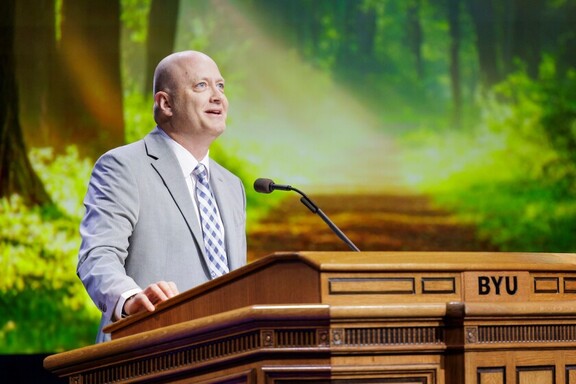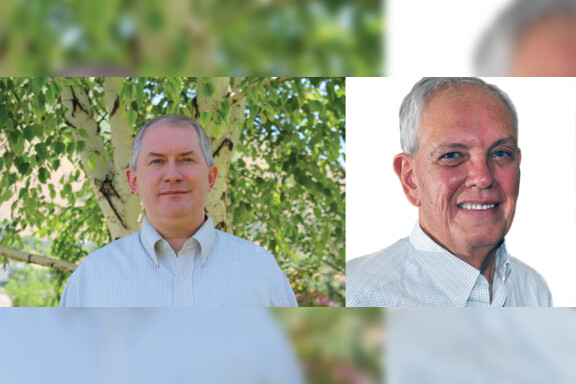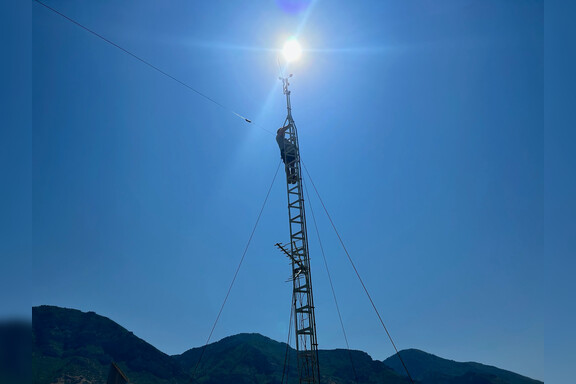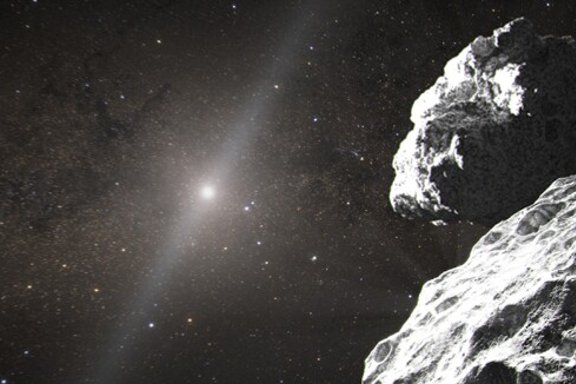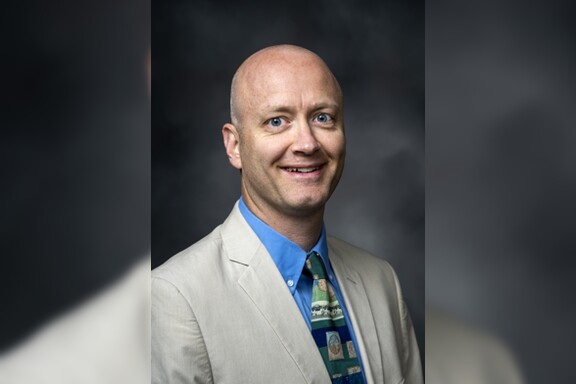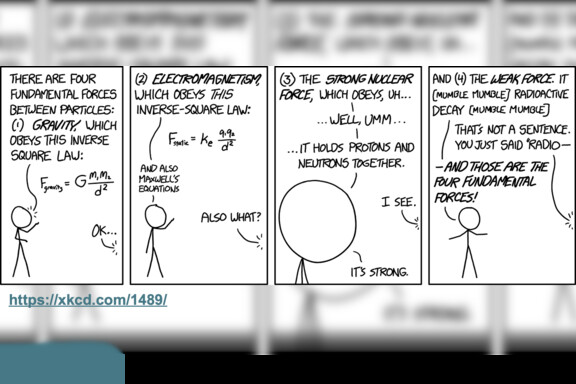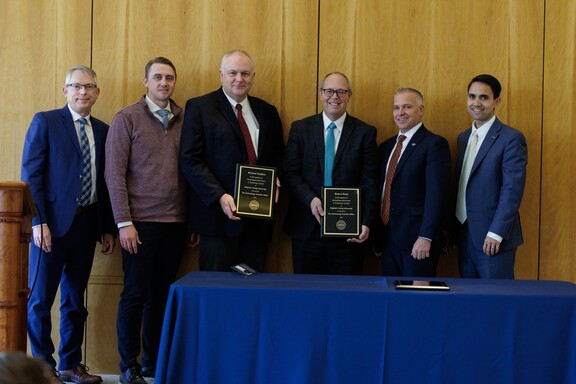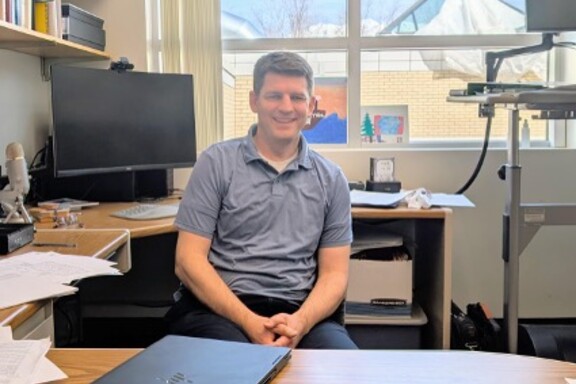
In 2022, Dr. Darin Ragozzine was selected as a recipient of the Faculty Early Career Development (CAREER) award by the National Science Foundation (NSF). The CAREER award is the NSF’s most prestigious honor given to promising early-career faculty, to help kick-start their research with funding and recognition. Each year, roughly 400 CAREER awards are issued to outstanding early-career faculty. The award is granted based on their potential to both advance their field and act as a role model in research and education.
Dr. Ragozzine has been conducting astronomy research at BYU since 2016. His current research focuses on computational astrophysics, where he studies planetary sciences and exoplanets. He is currently involved with a number of exciting, cutting-edge NASA projects, including New Horizons Kuiper Belt Extended Mission, Transiting Exoplanet Survey Satellite, and the James Webb Space Telescope. Dr. Ragozzine has worked with over 15 undergraduate and graduate students to publish several notable papers on his research. Prior to receiving the CAREER award, Dr. Ragozzine received the Young Scholar Award from the BYU College of Physical and Mathematical sciences. Dr. Ragozzine has not only contributed to research, but has also contributed to teaching at BYU. He wrote a textbook for the introductory astronomy class and led the restructuring of computational physics courses.
Dr. Ragozzine’s research proposal, titled "CAREER: The True Mass-Radius-Period Distribution of Small Exoplanets," aims to improve the process of calculating exoplanet masses and similar characteristics by adopting a new, photodynamical model. This model allows a larger breadth of data, including planetary cadence and light information, to be incorporated into mass calculations, yielding new and higher-accuracy measurements than previously possible. His team expects to be able to provide at least 50 new mass calculations of exoplanets to the scientific community as a result of this work. Additionally, he hopes to contribute to astrophysics education by creating an online repository of astronomy-related gifs and resources, and by contributing to the development of an exoplanet chapter in an astronomy textbook.
Student authors: Taylor Kimball, Alexis Gibson, and Emma McClure

